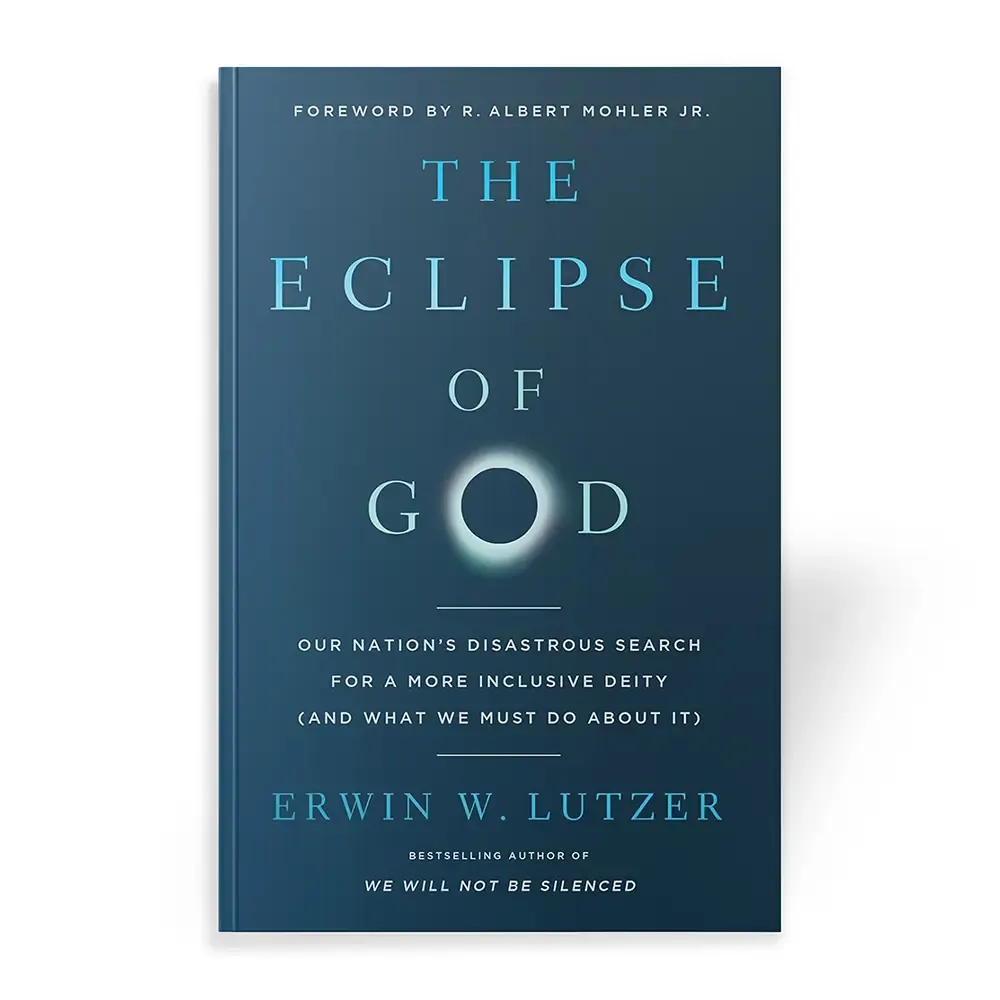Will We Recognize Each Other In Heaven?

In Philippians 1:7–8 Paul expresses his great desire to see the Philippians. He says that God will testify how he longs to be with them. In Romans 1:11 he writes, “For I long to see you, that I may impart unto you some spiritual gift, to the end ye may be established.” It is clear in the New Testament that the saints enjoyed fellowship—koinonia—with one another in this life. But what about in the next life? Will we even recognize one another in Heaven? Will we be so transformed in our redeemed bodies that we will be unrecognizable?
The Bible suggests something very exciting. Our Lord’s disciples recognized Him when he appeared to a skeptical Thomas, as we see in John 20:24–29. They recognized Him on the shore as He cooked breakfast for them, as we see in John 21:1–14. Also, 1 Corinthians 15:6 tells us that they recognized Him when He appeared to five hundred people at once.
But what about Mary at the Garden Tomb, or the two men on the road to Emmaus? They did not recognize Jesus. Some people argue that Jesus was unrecognizable. Jesus said to Mary in the garden, “Woman, why are you weeping? Why are you crying? Who is it you are looking for?” Thinking it was the gardener, Mary said, “Sir, if you have carried him away, tell me where you have put him, and I will get him.” Distressed, teary-eyed Mary, knowing Jesus was dead, and not making eye contact with a stranger, naturally assumed he was the gardener. But as soon as Jesus said her name, she recognized Him. She turned toward Him and cried out in Aramaic – “Rabboni!” which means teacher, according to John 20:16.
Some commentators emphasize that the disciples on the Emmaus road did not recognize Jesus. But the text says that as they talked and discussed these things with each other, Jesus came up and walked along with them; but they were kept from recognizing Him (Luke 24:15–16). God miraculously intervened to keep them from recognizing Him. The implication is that apart from supernatural intervention, the men would have recognized Jesus, as actually happened later on. Luke 24:31 says: “Then their eyes were opened and they recognized him, and he disappeared from their sight.”
Another indication that we will recognize people in Heaven is Christ’s transfiguration. The disciples recognized the bodies of Moses and Elijah, even though the disciples could not have known what the two men looked like. Luke 9:29–33 is worth studying. This may suggest that personality will emanate through a person’s body, so we will instantly recognize people we know of but haven’t previously met. If we can recognize those we’ve never seen, how much more will we recognize our family and friends.
The Bible gives no indication that there will be a memory wipe causing us not to recognize family and friends. Paul anticipated being with the Thessalonians in Heaven. In fact, if we would not know our loves ones, the comfort provided in an afterlife reunion, as taught in 1 Thessalonians 4:14–18, would be no comfort at all. A reunion of people we don’t know is no reunion at all!
We haven’t even begun to penetrate the depths of the afterlife. I would heartily recommend the book Afterlife: Near Death Experiences, Neuroscience, Quantum Physics, and the increasing evidence for Life After Death, by Donna Howell, Josh Peck, and Allie Anderson-Henson.
This is an intimidating subject that many avoid, but one that the authors of Afterlife have met head-on with refreshingly sound, biblical theology.


